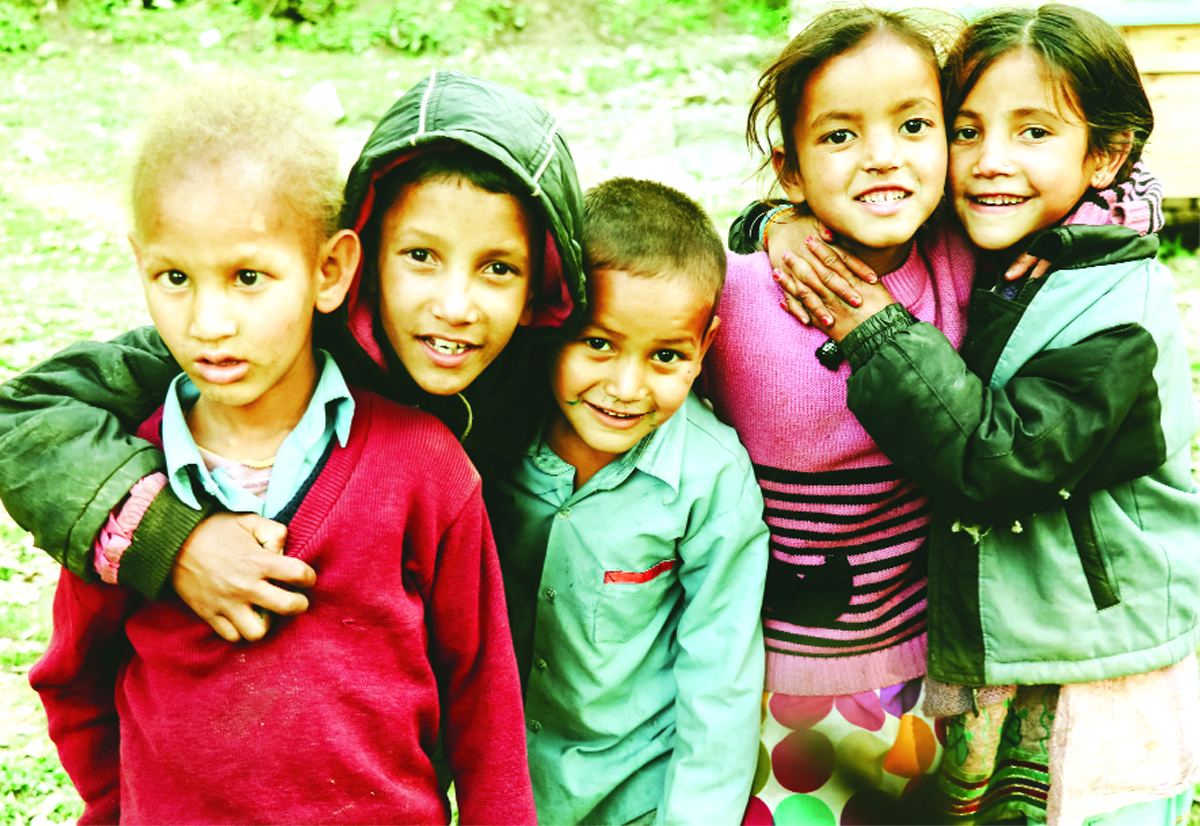Dr T K Munshi
Nature’s Way : Charles Darwin, who is credited with the survivalist theory, actually believed that humans uniquely, depend upon kindness for their survival. Our evolutionary advantage derives from two things: our complex and over-developed brains and our communal nature. Being part of a community means being able to relate, empathize, and to share. It requires compassion which is already hardwired into our biology. Mammals alone possess a vagus nerve, which is activated when we notice other’s suffering that aids our regard for others. It is also stimulated through slow, focused breathing like the kind done in Yoga.
Giving Compassion : Compassion is often liked to a muscle. The more you use the stronger it grows. And research has suggested that meditation could accelerate this process. In a study from Colorado University when volunteers listened to biographies of suffering people and then did a guided compassion meditation, they reported significant higher levels of compassion than those who didn’t meditate. Compassion cultivation techniques have been shown to increase positive emotions and social support, reduce negative distress at human suffering.
The kindness posture : According to Stanford University health psychologist, Kelly Mc Gonigal, compassion shows in our body language. Physical motions, such as head nodding, gentle eye contact, smiling and leaning in toward the other persuading conversation – all communicate compassionate listening. This in turn makes the speaker feel seen and heard, and opens the door for greater connection.
Not surprisingly, folded arms, crossed legs, checking your phone, and interrupting the speaker with your own agenda have the opposite effect. When we have the intention to expense and offer compassion, we can make choices – even small ones, like how we make eye contact – that can lead both (parties) to the authentic expense of compassion.
A trio of empathy : Psychologist Paul Ekman, who has studied human emotion for 45 years, says there are 3 types of empathy which are inherent but influenced by our cultural and personal expenses. They can be nurtured and developed.
Cognitive empathy is when we’re able to identify how another person feels and consider what they may be thinking .
Emotional empathy is when we physically feel what another feels. And compassionate empathy is when we not only grasp a person’s predicament and feel their feelings, but we’re moved to help in some way.
Therapist Margaret Cullen believes that empathy can start as easily as taking the time to remember ‘ the Common humanity of the other person ‘.
Loving – kindness builds it : There is a common misconception that you have to be a ‘jerk’ in order to succeed. In fact science shows that compassionate people are healthier, happier, more popular and yes, more successful. Stanford University research scientist, Emma Seppala says that practicing loving-kindness meditation in particular has been found to provide numerous life-enhancing benefits. Among them : increased positive feelings, such as joy, hope, gratitude, interest and amusement. These give us greater access to personal resources, such as social connection and feeling purposeful, which results in greater overall life satisfaction.
Goodness of gratitude : Research reveals that performing acts of kindness, compassion and sharing thankful thoughts have many positive effects on mood and health. People who express gratitude lower their blood pressure, get better quality sleep, improve their relationships, decrease their depression levels and are less affected by pain. Out of the two factors – gratitude and humor – gratitude is the top predictor of happiness. In one study expression of gratitude made life partners or work partners more responsible to one another’s well-being and more satisfied.


